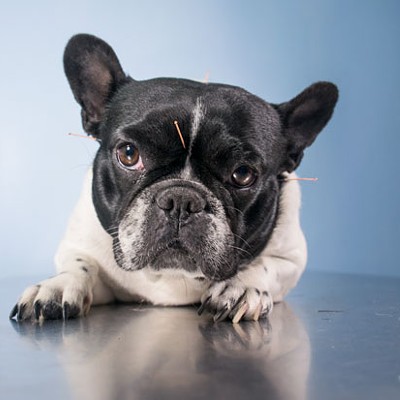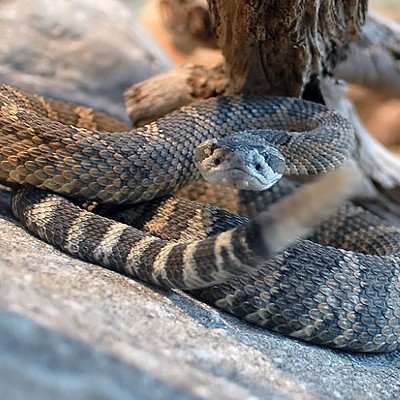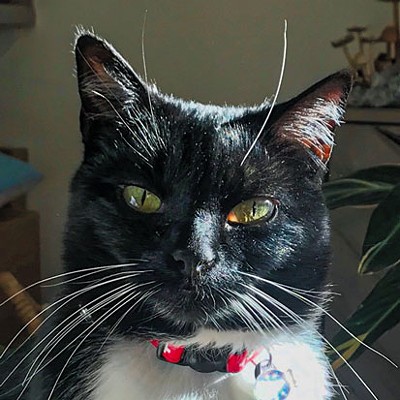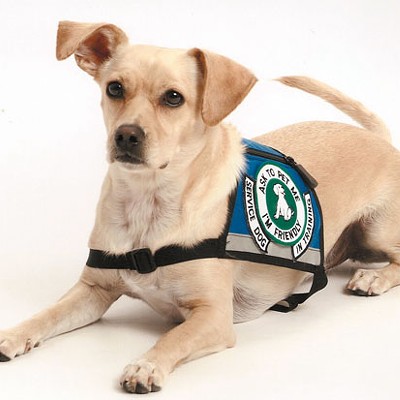When most people think of their pets, they think of a valued member of the family, almost like a child. In the eyes of the law, however, pets are considered tangible personal property—the same as your cell phone, your furniture and your laptop. Many would consider this classification to be an insult to our best friends, our companions we're so proud to take everywhere here in Central Oregon while hiking, walking, skiing and biking.
If your pet is the same as your cell phone in the eyes of the law, what happens to your pet when you die? Unless you have a will or trust in place, your pet would be split up between your family members in the same manner as all of your other stuff, under Oregon's "laws of intestacy." At the top of this list is your spouse, if married, then children, then grandchildren, then parents, then siblings, then aunts and uncles, then cousins, etc. If none of the people on this list want your pet or are unable to care for it, it will likely be sent to a shelter. For many, this is a nightmare.
The good news is you do have options to avoid this unfortunate result. If you have a will or a trust, you can make preparations for your pet after you die, just like they were your children.
The first thing you can do is name a caretaker in your will or trust. It's a good idea to spend some time thinking about who this person should be. Do they already own pets? Do their pets get along with yours? Do they have the space for another pet? Can they afford it?
The best way to decide on a guardian for your pet is to talk to your friends and family about who would be the best candidate to take them. You never know, someone you know might be more than happy to fill that role. Another little-known option if you can't find someone you know is to include a gift in your will or trust to an animal shelter, which will in turn promise to find your pet a forever home after you die. Talk to your preferred animal shelter to see if this is an option.
The next most important preparation you can make is to leave a specific gift in your will or trust to the person who's going to take care of your pet for the purpose of feeding and caretaking. In practice, this looks like: "I give $2,000 to John Doe. I hope he uses this money to provide food and pay for veterinary bills for Fido." If that isn't good enough for your pet, Oregon law allows for a pet trust. To set up a pet trust, you appoint a trustee to manage the money you have left for your pet and set aside a specific amount of money to provide specific care, such as paying for veterinary bills, grooming and food for the pet for its lifetime. A pet trust can even come into play if you're incapacitated. The trust remains in place until your pet dies, and the leftover money goes to a person or entity of your choosing.
Although it can be hard to face planning for the end of your life, it's good to know that there are options available to you to make sure that your best friend and companion will be well taken care of.
-John Myers is an attorney specializing in estate planning at Two Spruce Law in Bend.

























